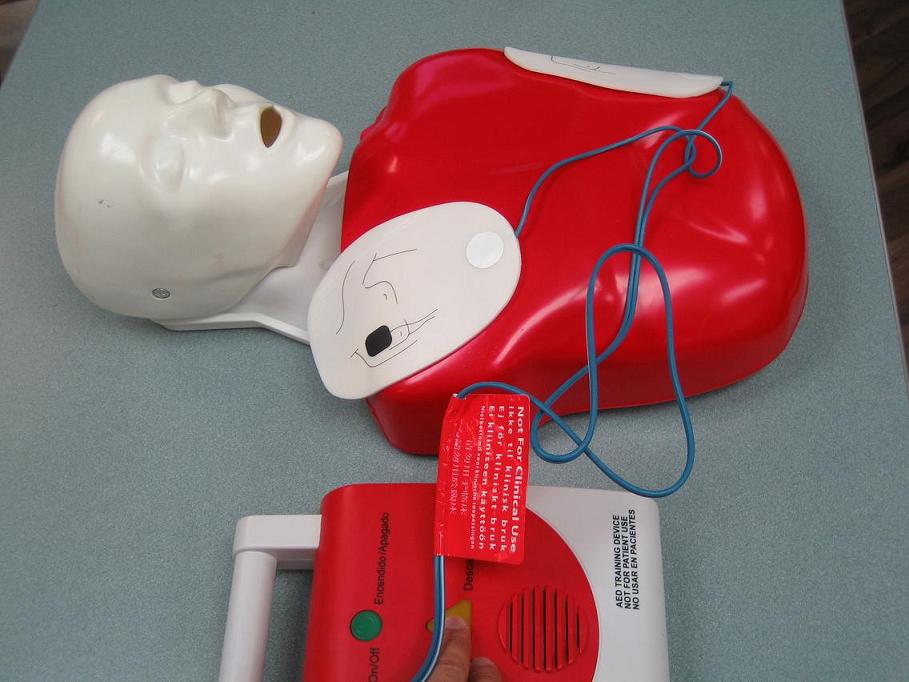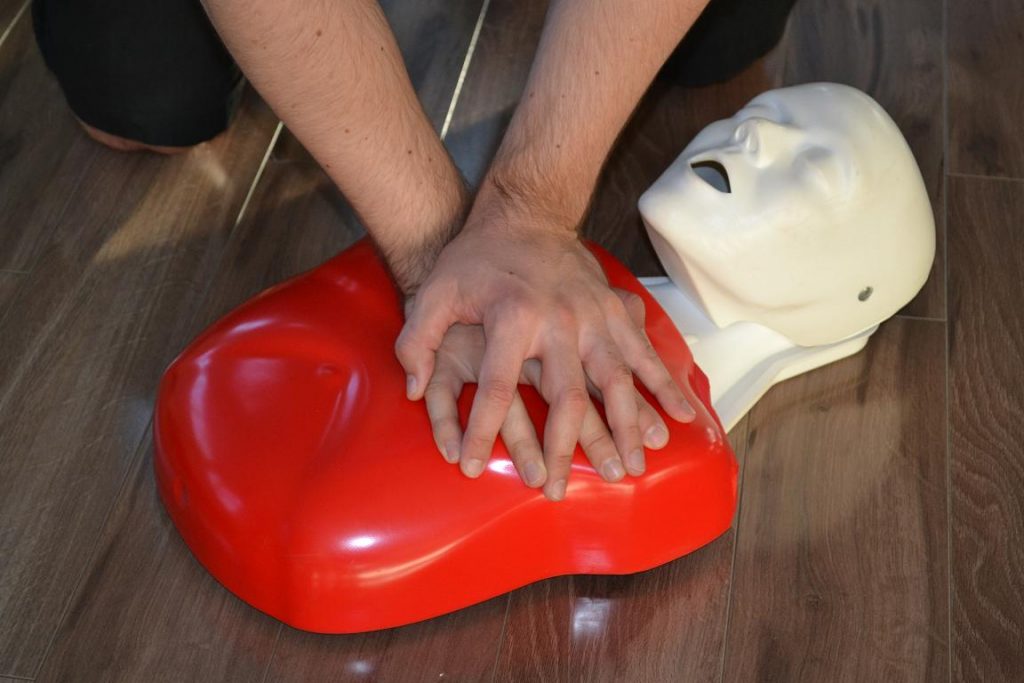The Edmonton fire crews have used naloxone to save lives. The life-saving naloxone has been given to manage suspected cases of a fentanyl overdose.
Increasing cases of overdose
In Vancouver, park staff is given training and equipped with naloxone kits. In Edmonton, the employees most likely to encounter someone dying from an overdose are municipal inspection workers, peace officers, park rangers, and recreational center staff.
City employees are instructed to call 911 and put on personal protective equipment, keep the airway open and perform CPR or use a defibrillator until the emergency responders arrive.
Deaths from fentanyl have been increasing in Calgary and Edmonton. Around 82% of those who died from a fentanyl overdose live in the suburbs. The largest population includes young men between the ages of 30-34.

Importance of CPR
You should enroll in a first aid course today to learn life-saving skills. CPR is one of these life-saving skills and using an automated external defibrillator (AED) that can help save a life.
For more information about this story, click here.
LEARN MORE
Learn how to help by enrolling in a first aid training and for more information, check out these sources:
https://www.webmd.com/first-aid/drug-overdose-treatment

